Autism Services
Inspiring the best outcomes for children to thrive
To Register
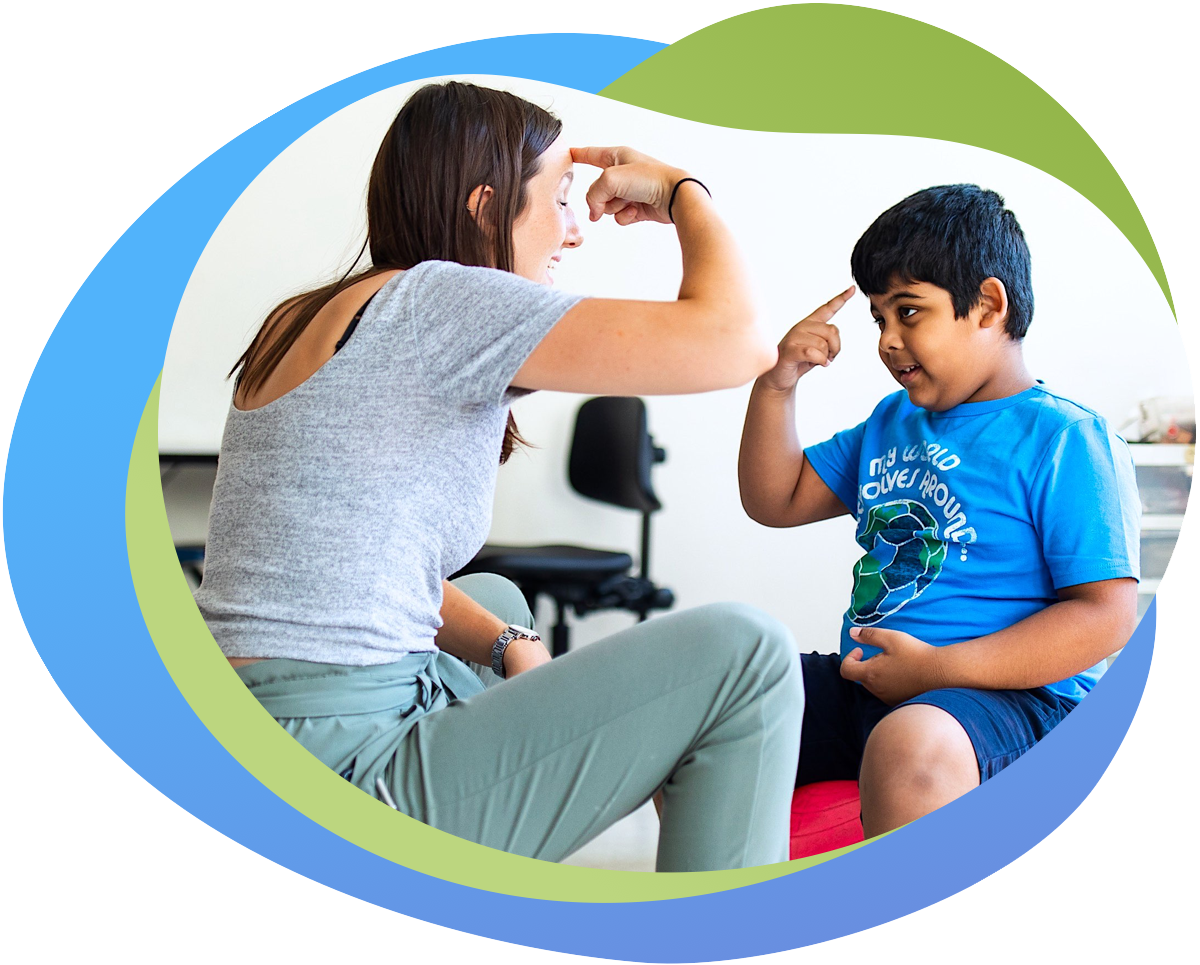
Early and ongoing supports and services can enhance long-term outcomes for children and youth with autism. Our Autism Services offer helpful opportunities to thrive at home, school and in the community. If you’re unsure which service is right for your child, try using our Now What navigation tool.
Surrey Place meets all the criteria to provide services and support through the Ontario Autism Program (OAP).
Now booking for ABA Summer Camps 2024
Sign up now for five fun and unforgettable summer camps based on ABA principles and covered by your OAP/AccessOAP funding!
OAP Core Clinical Services
OAP Core Clinical Services include applied behaviour analysis, occupational therapy, speech language pathology and mental health supports based on your child’s individual needs. These services can be purchased using your OAP funding (e.g., Access OAP funding, childhood budgets, interim one-time funding, etc.), out-of-pocket or other sources including charitable funds and private insurance.
APPLIED BEHAVIOUR ANALYSIS
1-to-1 Focused Behavioural Intervention
Focuses on individualized learning goals for children and youth who are not yet group-ready or require additional support.
ABA Summer Camps
Five fun and unforgettable summer camps based on ABA principles and covered by your OAP/AccessOAP funding!
Full Day ABA (IBI)
An in-depth form of ABA, provided one-on-one for multiple days per week to target goals within a range of developmental areas.
ABA Group Therapy
Targets specific goals relevant to your child’s environment, including communication, social skills, behaviour and more.
OCCUPATIONAL THERAPY
Occupational Therapy Assessment
Comprehensive evaluation of sensory processing, gross and fine motor skills to provide an in-depth picture of a child with autism’s needs.
Occupational Therapy Consultation
Provides fine motor, gross motor and sensory processing recommendations in collaboration with caregivers and the behavioural team.
Occupational Therapy Treatment
Provides intensive intervention for targeted or holistic sensory processing, gross and fine motor treatment in collaboration with caregivers.
Tell & Seek Play-Based Group
Occupational therapy and speech-language pathology in a group-setting for language development and sensory processing
SPEECH-LANGUAGE PATHOLOGY
Speech-Language Assessment
Comprehensive evaluation across communication domains to provide an in-depth picture of a child with autism’s skills and needs.
Speech-Language Consultation
Provides targeted communication strategies and recommendations in collaboration with caregivers and the behavioural team.
Communication Essentials
Goal-directed speech language development that provides strategies to enhance communication across environments.
Tell & Seek Play-Based Group
Occupational therapy and speech-language pathology in a group-setting for language development and sensory processing
MENTAL HEALTH
Mental Health Group
Provides group-based psychology and social work intervention for children and teens with autism to promote mental health
Child and Teen Counselling
Provides counselling to children and teens to address mental health issues associated with autism spectrum disorder, including anxiety and depression
Other Clinical Services (With Fees)
Clinical services offer therapeutic services and supports to respond to the individual needs of children and youth with autism, and their families. These services are not covered under the OAP Funding.
ASSESSMENT
Early ASD Diagnostic Assessment
Early diagnostic assessments for young children with autism spectrum disorder (ASD) that look at play skills, adaptive skills and autism symptomatology.
Psychoeducational Assessment
Psychoeducational assessment of cognitive academic, and everyday functioning best suited for children & youth with autism
Combined ASD Diagnostic and Psychoeducational Assessment
Combined Assessment for access to both autism services and valuable cognitive, academic and everyday functioning information for children and youth.
OAP Free Services
Services and support for families and caregivers to learn therapeutic strategies and skills to respond to the individual needs of their children. These services are offered by the OAP at no cost.
Foundational Family Services
Designed to provide caregivers with tools to work with their children and participate in their ongoing learning and development.
Caregiver-Mediated Early Years Services
Caregiver-Mediated Early Years teaches families therapeutic strategies to support their young child’s development at home.
Entry to School Program
Skill-building and transition planning supports to help prepare children who are entering school for the first time.
Urgent Response Service
Rapid and personalized care to support children with autism in keeping themselves as well as their loved ones from harm.
Why Choose Us?
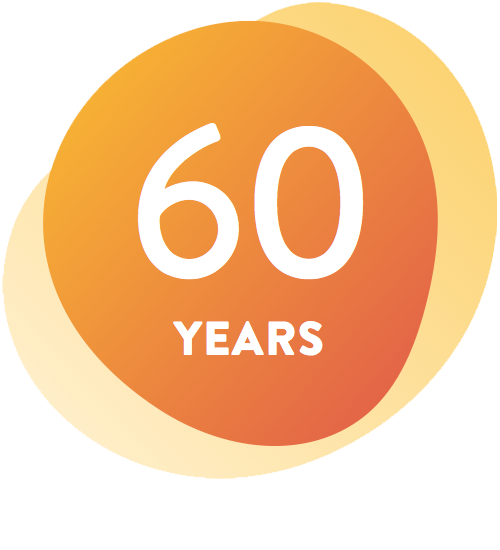
60 years in service
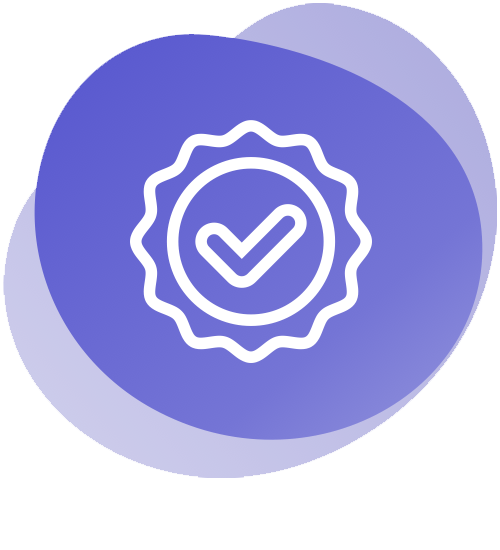
Qualified OAP service provider
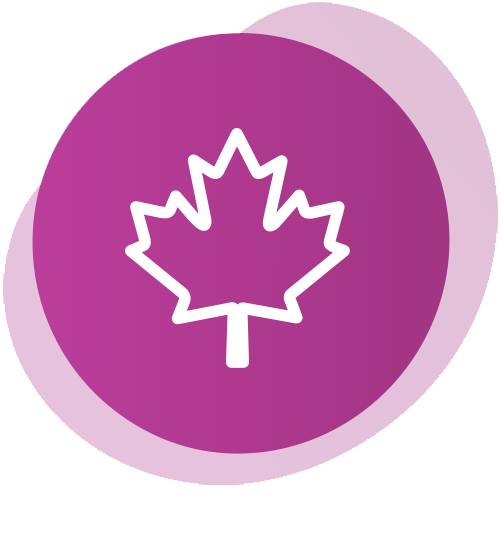
Accreditation Canada Standing
“We truly feel that our daughter was safe and in good hands at Surrey Place. It was heartbreaking to see the end of such a wonderful support program. Surrey Place’s support is necessary for families going through the uncertainty and stress of an autism diagnosis. Without them, the journey would have been more difficult. The love and compassion they showed were beyond our expectations.” READ MORE
Francisco G.
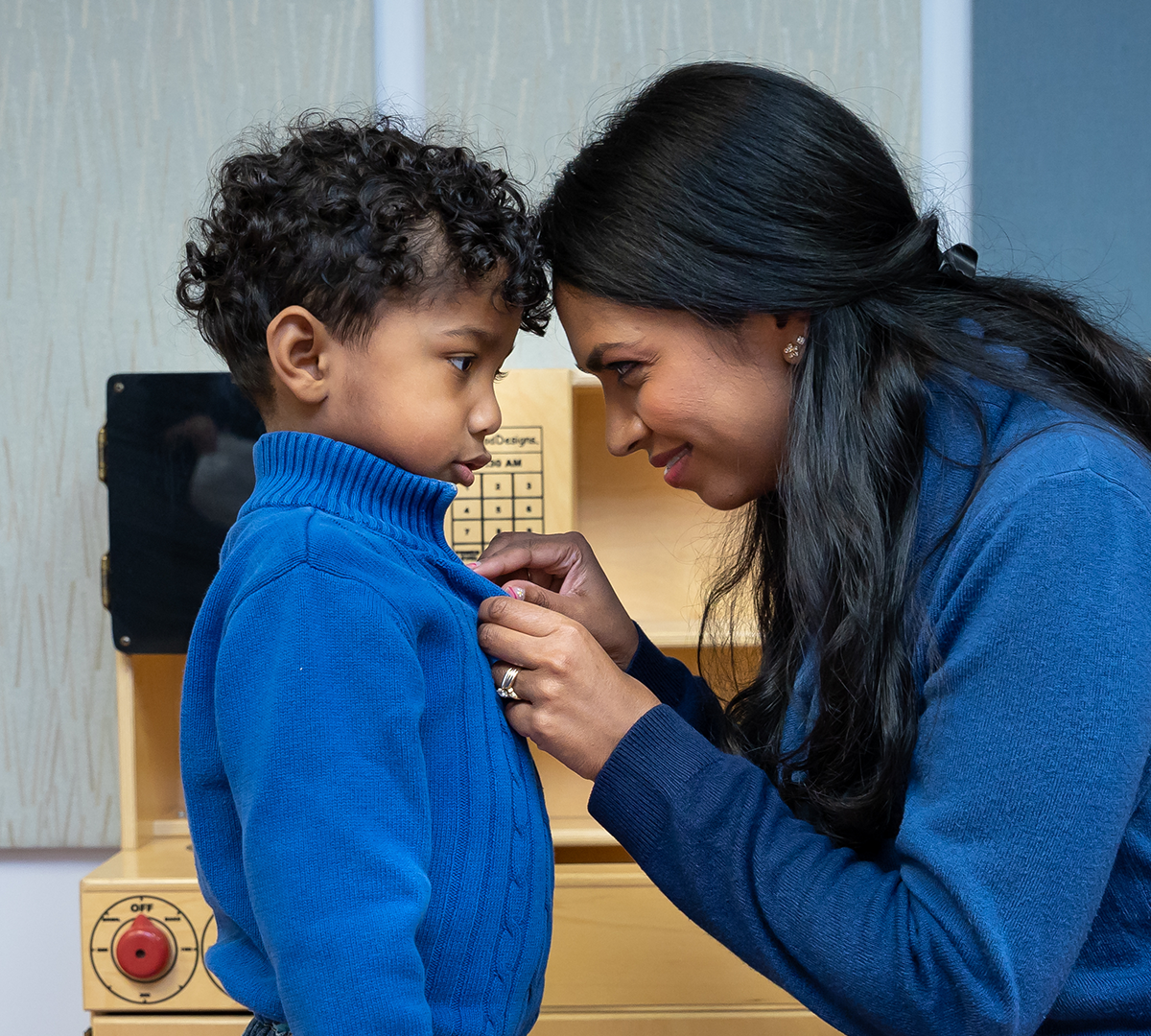
Why Choose Surrey Place?
Learn about the many reasons Surrey Place is a standout organization in our field
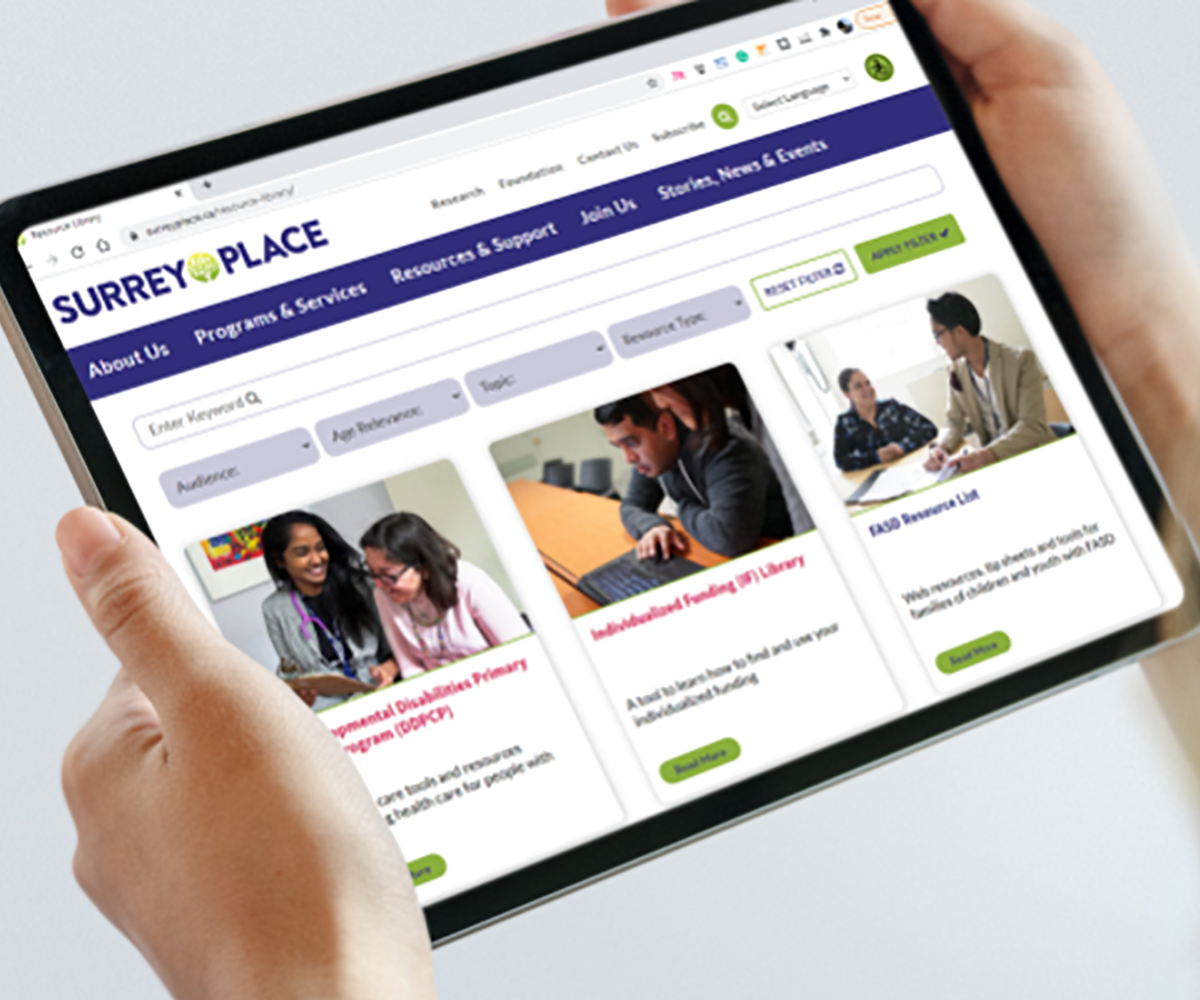
Resource Library
Find accessible information developed by our clinicians to help you on your journey.
What People are Saying
“Working at Surrey Place has given me the experience and tools to provide exceptional service to our clients. At the end of the day, it’s so rewarding to see that I’m making a difference in families’ lives and helping children fulfil their potential.” READ MORE
Janis R.